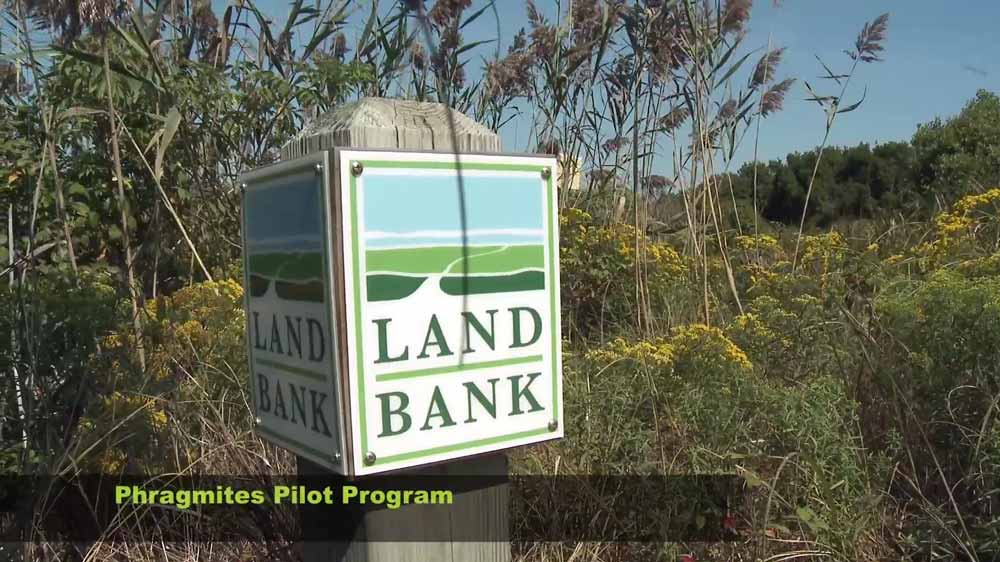Here’s a look at the Top 10 things that happened at the Nantucket Islands Land Bank in 2015.
- The Land Bank logo and signs were redesigned giving our properties a fresh look.
- The Land Bank purchased 5.2 wooded acres in Polpis from the Girl Scouts of Eastern Massachusetts to prevent potential development on the property and preserve use of the camps for local Girl Scout troops.
- In collaboration with the Town and Housing Nantucket, the home at 50 Union Street was removed and reused for affordable housing, road improvements were made and a new public pocket park was created.
- The house at 72 Washington Street was removed, significantly opening up views of the harbor on the Francis Street approach to Washington Street.
- Serving continuously on the Commission since its inception in 1984, Land Bank Commissioner Phil Bartlett attended his last meeting in April 2015. Mr. Bartlett’s seat was filled by local real estate attorney, Richard Glidden, who won the election and is the newest member of the Commission.
- The Land Bank partnered with the Nantucket Pond Coalition in their efforts to eradicate the presence of invasive Phragmites on Long Pond. Watch the video about this pilot program.
- The Sconset Golf Clubhouse underwent an historic renovation last winter and reopened to the public in August. The 2016 season will commence on Memorial Day weekend.
- In October, the Land Bank purchased 100 acres in Madaket from the FAA, substantially adding to its other holdings in the Head of the Plains area.
- The Land Bank expanded its parking area in Monomoy at the end of Cathcart Road to better accommodate the heavy use it has been experiencing in recent years. Expansion was limited due to wetland and coastal bank issues, but resulted in the creation of an additional six spaces, which doubled the capacity.
- Based on a review of data collected by the Land Bank, the Commission approved an increase in the first‐time homebuyer (“m”) exemption amount from $400,000 to $500,000 to parallel the rising price of transactions that would qualify for the exemption.
https://vimeo.com/144141322

